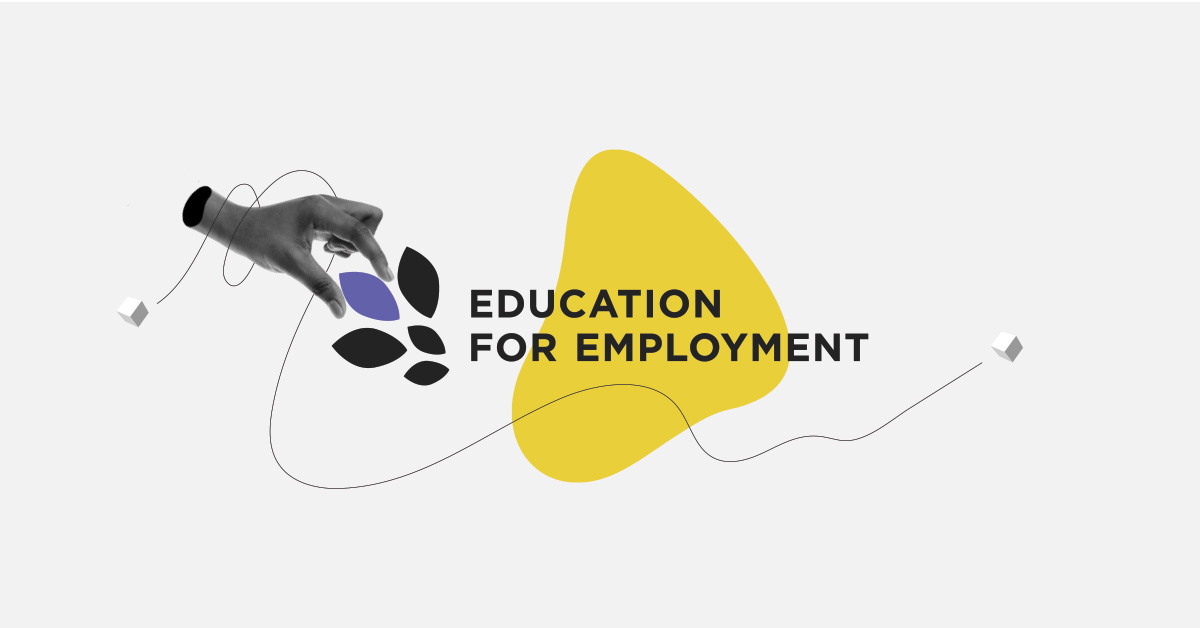CICan’s Education for Employment (EFE) programs are designed to support the development of responsive, demand-driven and practical learning opportunities for students that benefit the local economy.
EFE fosters private sector development through student training and industry support in select sectors of the economy that lack qualified workers and entrepreneurs. By integrating labour market needs in applied education, EFE programs leave regions with a demand-driven Technical and Vocational Education and Training (TVET) system that sees more graduates employed.
Fighting Poverty, Changing Lives
Each EFE program contributes to economic growth and poverty reduction by aligning the skills of the workforce with the needs of the labour market. An estimated 80% of jobs available worldwide require strong TVET training that gives students direct entry into an occupation or trade. Employers have increasingly been identifying a mismatch between their needs and training provided by educational institutions. EFE programs allow educational institutions in participating countries to partner with Canadian colleges and institutes to enhance their program delivery through curriculum development and teacher training. These partnerships also allow them to improve their education policies through advocacy.
EFE provides support at the:
- ministerial level by supporting policy reforms to better align training with employment realities;
- institutional level by building the capacity of institutions to design and deliver demand-driven, competency-based training programs, and by supporting the development of entrepreneurial and management skills; and,
- regional, national, and international levels by creating networks for effective sharing of knowledge, experience, best practices, and innovation.
3,000
employers and entrepreneurs work with institutions to develop demand-driven skills development
75
education and training partnerships created in 18 Andean, Caribbean, and African countries
80
Canadian colleges and 82 partner colleges in developing countries


